The (Post) Cognitive Perspective
Clark Quinn
OCTOBER 5, 2021
I’m deeply steeped in the cognitive sciences, owing to a Ph.D. in cognitive psych. Fortuitively, this was at the time my advisor was creating the cognitive science program (and more). Yet I also have a fair bit of empirical evidence that taking a cognitive perspective accomplishes things that are hard to do in other ways.









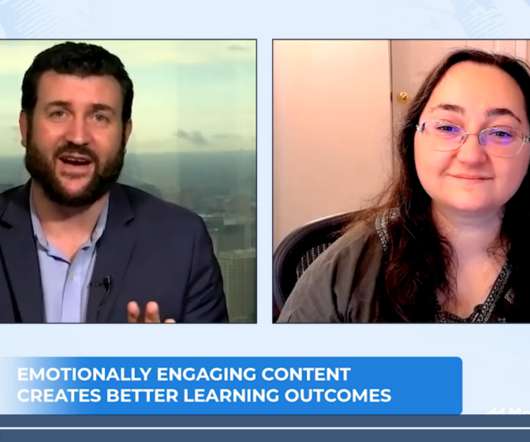

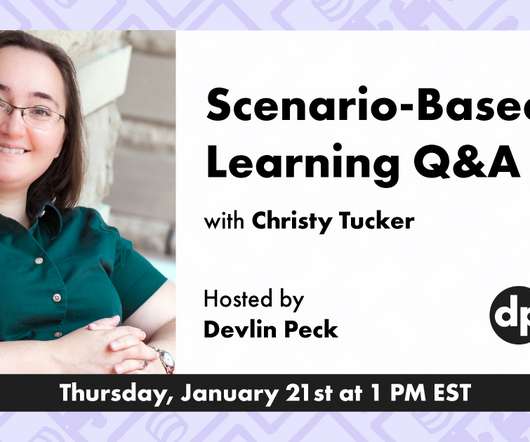










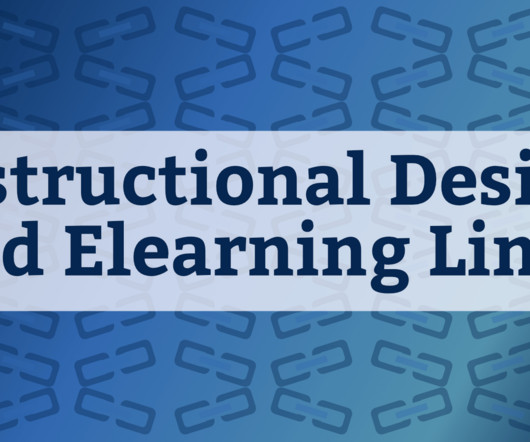
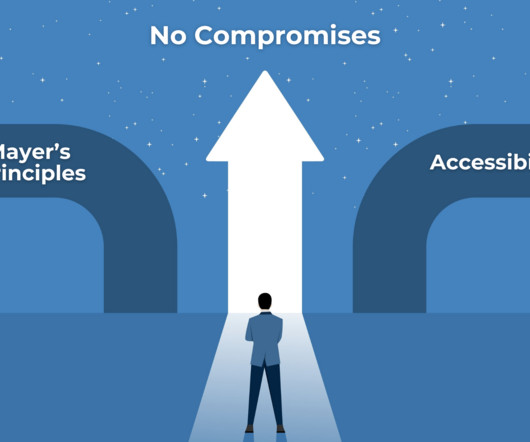

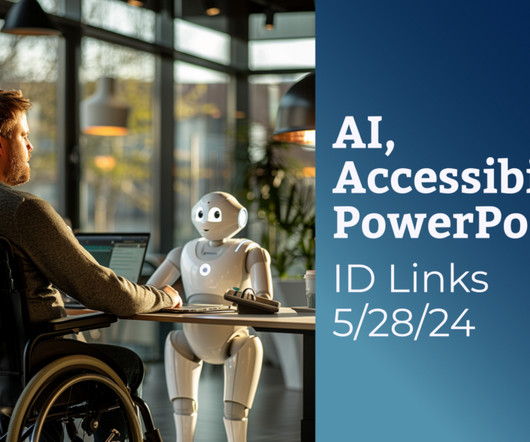
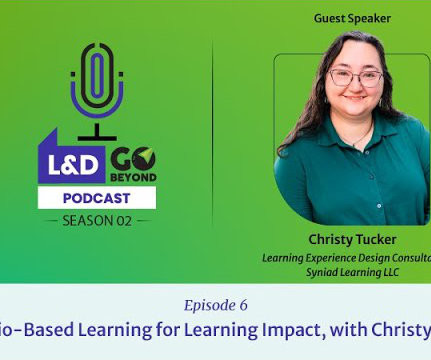






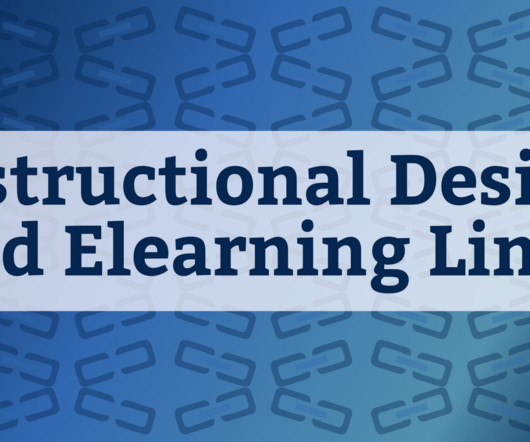




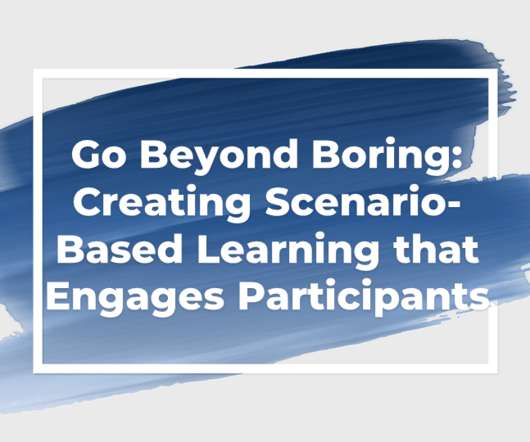















Let's personalize your content